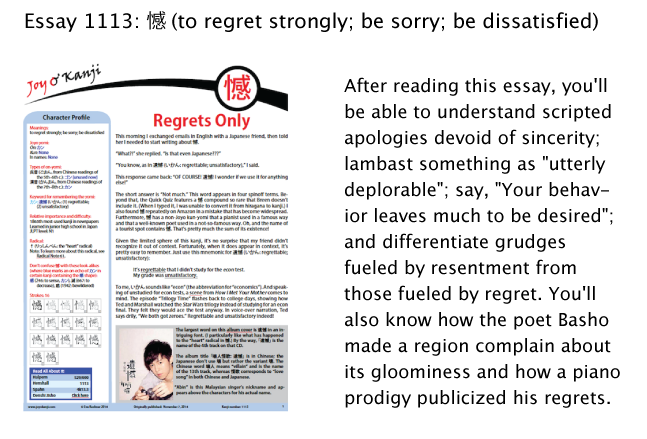Immobile Movements
It's been an ugly week. Tuesday's election results disappointed millions of us, and I sense the angst still hovering in the air. Arguments about all sorts of things are breaking out on Facebook like a million whirlpools spinning off from a central disturbance in the water. If we can't fight (or even interact with) those who defeated us, we'll take it out on the people near us, even if they're nearly kin in their beliefs. Kick the cat, simple as that.
The winners seem angry, too, gloating, beating their chests, and spewing more venom. Check out the second photo on the site of a local news source to see how attractive this anger looks on people's faces. The photo is from before this woman's campaign against soda won. If you want to see how much peace and happiness that victory brought to the land, you can read the comments on the same article. Elsewhere, one of the "happy" victors referred to soda manufacturers as "pimps of decay." (My Facebook friends felt that this would make a great rock band name.) What's wrong with the winners? Could it be that they're hopped up on the sugar and caffeine found in soda?!
The thing about elections is that you vote for quite a few measures and for several candidates, so you inevitably win some and lose some. There's nothing to be done but accept your powerlessness in the face of widespread insanity (or so it seems to me!) and then resolve to move on and think about where you can make a difference. Eventually, that can happen. It's probably too soon right now. The disappointments linger.
On another front I've been involved in a massive outcry over a letter to the editor in my college alumni magazine. A man from the class of 1960 wrote that women and minorities should simply feel grateful for having been admitted to an elite institution, rather than being upset when others push them to the margins. He faults these two "politically combustible" groups for trying to change the way others think.
Outraged over everything this letter represents (namely, the oppressive thinking that streams through not only my alma mater but also influential segments of society), I posted the letter on my personal Facebook page. People yawned and turned away (to paraphrase Dorothy Parker). I suppose I've never been much of a rabble-rouser!
However, it's another story on the Women of Dartmouth Facebook page. Women may not be combustible in the way he means, but he has certainly ignited a furor. Women have posted hundreds of angry comments there, and only a few are mine! Two women trying to turn the insult around have designed T-shirts saying "politically combustible." To my surprise, a MoveOn petition is now circulating in response to the man's letter. This thing is going viral!
And yet ... is there any true movement in these political "movements"? Anger about injustice often propels change, but with the battles I've mentioned it feels as though people are merely spinning their wheels. Those who are ranting and raving about soda are trapped in a rage I can't relate to, and I've been caught up in frustration about their behavior. The dinosaur from my college is stuck in the tar pits of the past, and those he has offended have become entangled in another way.
The newly released essay 1113 is about this. Well, of course, it's not about any of this in particular! Rather, it's about 憾, which means "to regret strongly; be sorry; be dissatisfied." Although it may not be clear from those definitions, this kanji has a bit to do with grudges and resentment, plus quite a lot to do with regrets. Here's a preview:

Grudges and regret represent a type of stagnation. Meanwhile, all the healthful things one can do, including yoga and acupuncture, are about the opposite—about getting things moving again. The idea is to drag oneself off one's desk chair, get the blood pumping, stimulate the chi, and move feelings on out (using the "motion" in "emotion").
Speaking of movement, there's plenty of it in a term my language partner recently used as we discussed dengue fever in Tokyo's Yoyogi Park: 流行. Surprised, I asked, "It's fashionable?" He laughed and said he meant the second definition here:
流行 (りゅうこう or はやり: (1) fashion; fad; vogue; craze; (2) prevalence (e.g., of a disease)) to flow + to go
What a huge contrast there is between these two sets of meanings!
Look at the breakdown. This word is about going with the flow. Disease moves through the population, even as it lingers in a body, often causing stagnation.
With the worldwide panic about ebola, we're more aware than ever of how certain diseases travel from person to person. We're all talking about bodily fluids in unprecedented ways.
It's quite timely, then, that two kanji terms brought my attention to the way sperm and eggs are all set up to move:
卵管 (らんかん: fallopian tubes) egg + pipes
輸精管 (ゆせいかん: sperm duct, vas deferens) to transport, send + sperm + pipe
We have tubes for transportation inside us (and some of them have internal rhymes)!
Clearly, nature favors movement over stagnation, calling us to follow her example. But do we always have to comply? Here's an example of how movement can coexist with stagnation:
零す (こぼす: (1) to spill; drop; shed (tears); (2) grumble; complain; (3) let one's feelings show)
With the "rain" radical 雨, the rain is falling in this character, even as someone grouses about the past! Nature moves as the psyche remains stuck.
Have a great weekend, and be sure keep moving.

Comments